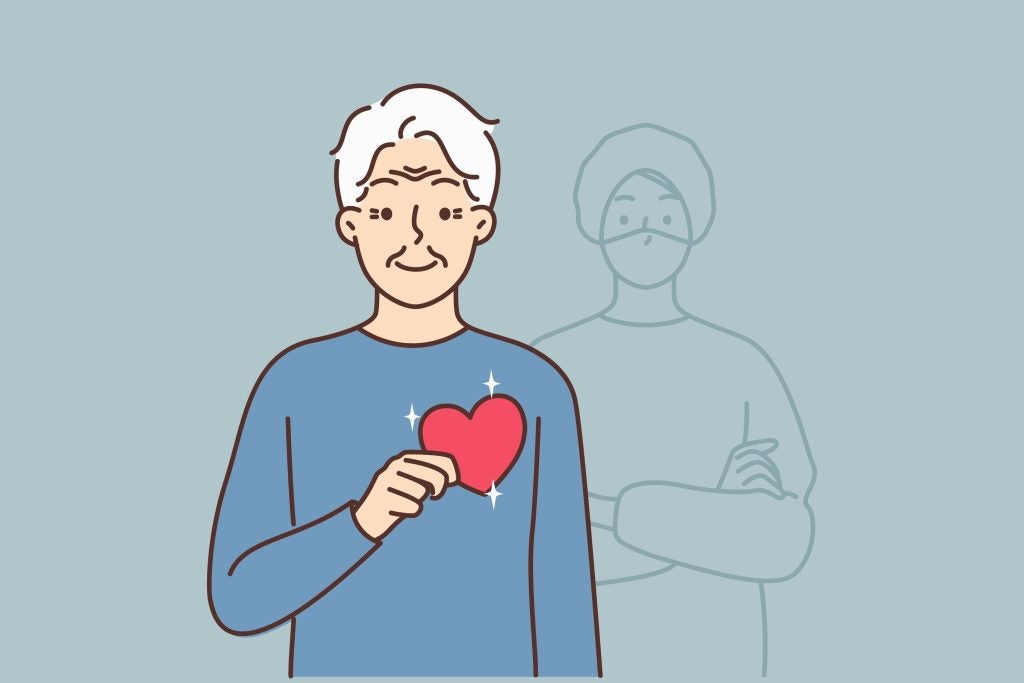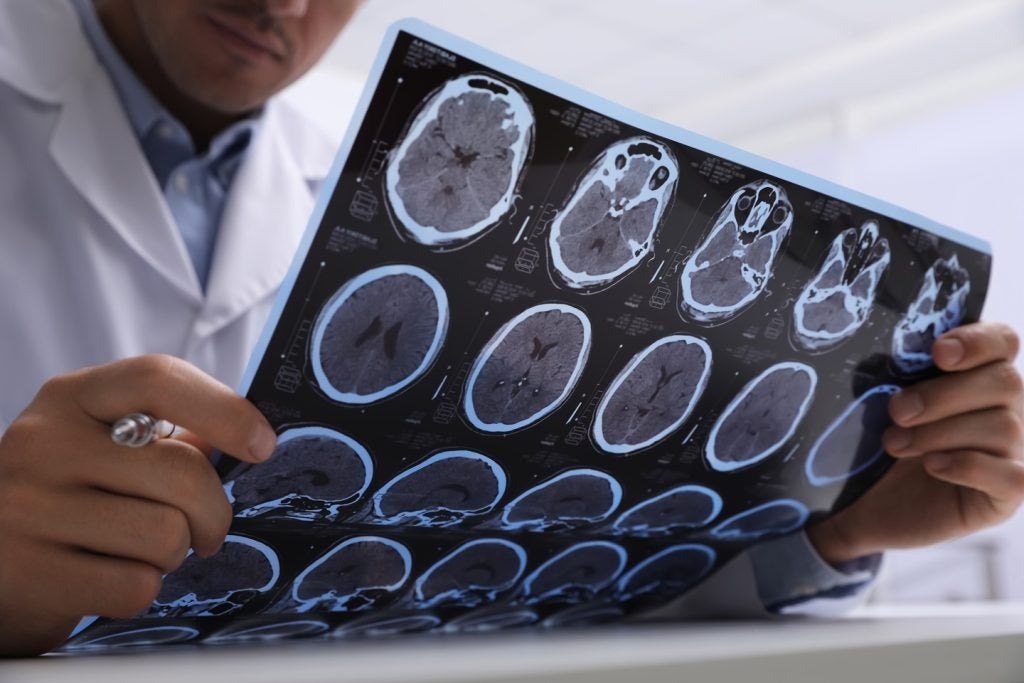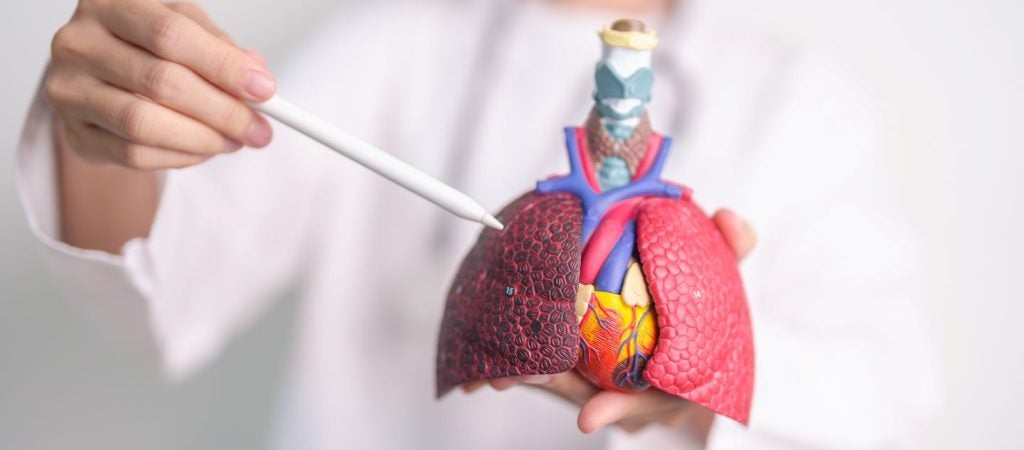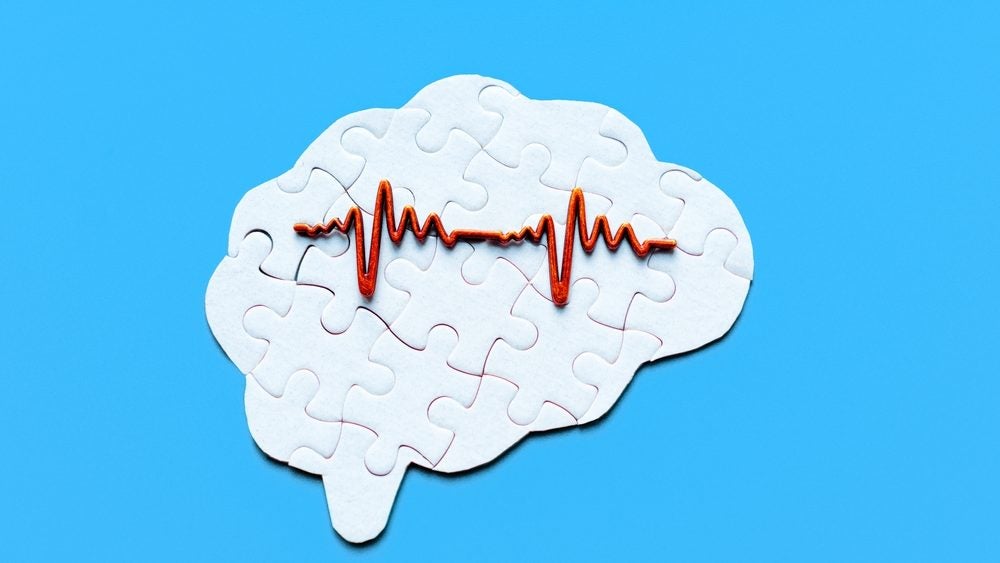Building on long-term data announced earlier this year, CVRx has reported durable improvements in heart failure patients with its Barostim device over 24 months.
The results, published in the Journal of the American College of Cardiology: Heart Failure, demonstrated that patients implanted with the Barostim reported feeling significantly better in a variety of physical and psychosocial measures.
Patients received Barostim along with guideline-directed medical therapy and were compared to those who received the latter only.
Barostim is a device that mediates baroreflex activation therapy – a type of treatment that uses electrical stimulation on baroreceptors in the carotid sinus. Baroreceptors activate the body’s baroreflex, one of the body’s homeostatic mechanisms to maintain blood pressure levels. By sending electrical pulses to the baroreceptors, the therapy is designed to restore balance to the autonomic nervous system and thereby reduce the symptoms of heart failure.
The Barostim device received US Food and Drug Administration (FDA)-approval for advanced heart failure patients who are not eligible for other devices in 2019, and received an expanded label clearance permitting use in a wider range of heart failure patients in late 2023.
Amongst long-term improvements noted in patients was the ability to conduct normal activities, such as working around the house, sleeping, and engaging and social activities, according to CVRx.
Barostim also leads to less shortness of breath, reduced fatigue and pain, and fewer reports of depression.
The parameters are components of the Minnesota Living with Heart Failure (MLWHF) and EuroQual-5D (EQ-5D) questionnaires, both used in cardiovascular studies to assess treatment efficacy.
The study’s lead author Professor Samuel Sears said: “While we know Barostim plus GDMT demonstrates long-term symptomatic benefits, we now have data demonstrating sustained improvement in specific symptoms and quality of life measures benefiting patients receiving the therapy.”
The latest publication builds on data from the BeAT-HF trial (NCT02627196) published in the European Journal of Heart Failure earlier this year demonstrating the long-term sustained symptomatic benefits of Barostim in heart failure patients with reduced ejection fraction.
CVRx’s chief medical officer Dr Philip Adamson said: “We believe this analysis of the long-term BeAT-HF data will support the shared decision-making of patients and physicians when considering Barostim therapy.”
The global neuromodulation device market is expected to reach $11.4bn by 2033, according to a report by GlobalData.
Revenue reached $39.3m for CVRx in 2023, representing an increase of $16.8m from the previous year. As of 31 December 2023, the company had a total of 178 active implanting centres.















